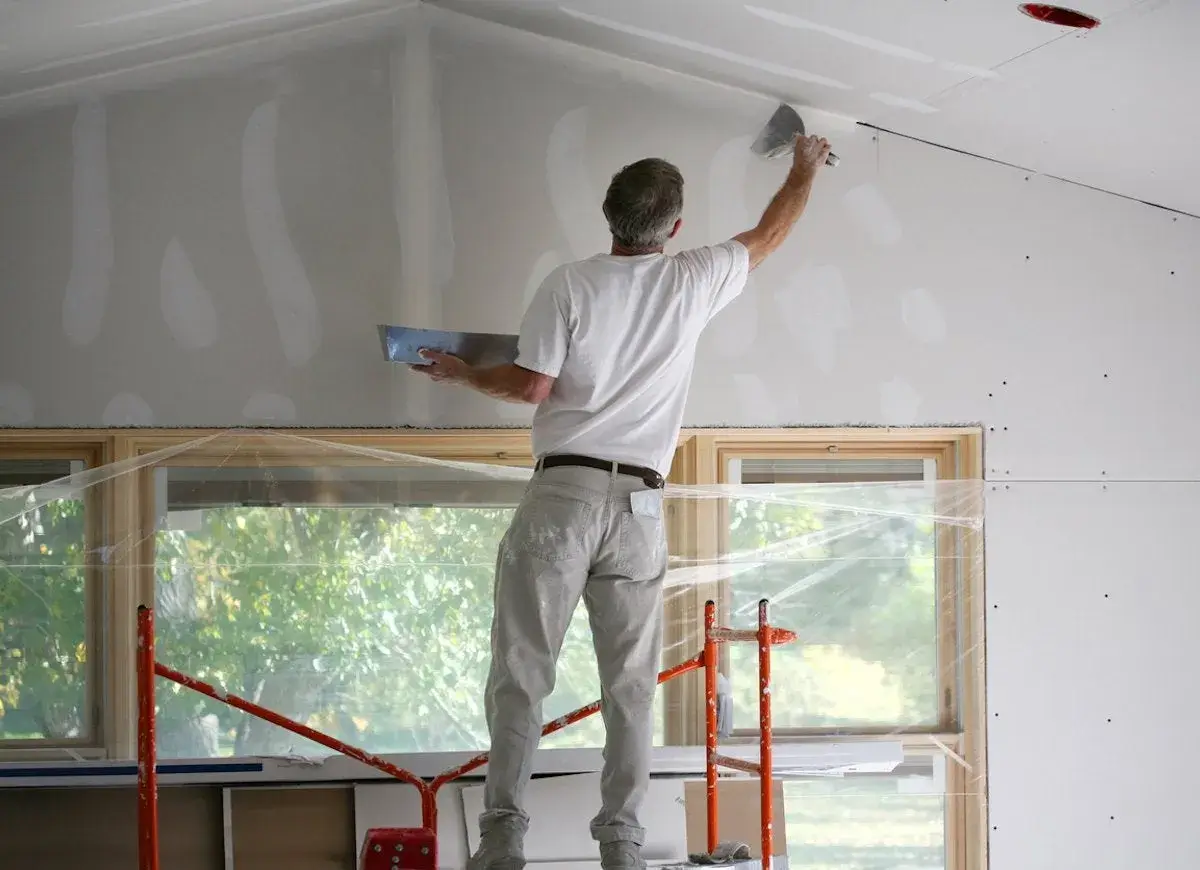Painting your home can be a great way to refresh its look and increase its value. But how much does it cost to paint the interior or exterior of your home? And which one is cheaper to do? In this article, we will answer these questions and provide some tips on how to save money on your painting project.
The Cost of Painting Interior vs Exterior
The cost of painting the interior or exterior of your home depends on several factors, such as the size, condition, and complexity of the surfaces, the quality and type of paint, the labor and equipment costs, and the location and season of the project. However, in general, painting the exterior of your home is more expensive than painting the interior. This is because the exterior surfaces are usually larger, more exposed to weather and damage, and require more preparation and protection.
According to HomeAdvisor, the average cost of painting the exterior of a home in the US is $2,940, while the average cost of painting the interior is $1,747. Of course, these are only averages and the actual cost may vary depending on your specific situation. To get a more accurate estimate, you should contact a professional painter and get a quote based on your home’s dimensions and condition.
How to Save Money on Painting Interior or Exterior
Painting your home can be a significant investment, but there are some ways to reduce the cost and get the best value for your money. Here are some tips to consider:
- Do some prep work yourself. Before the painter arrives, you can do some tasks to make their job easier and faster, such as cleaning, sanding, scraping, caulking, and priming the surfaces, removing furniture and fixtures, covering floors and windows, and repairing any cracks or holes. This can save you some labor costs and ensure a better result.
- Choose the right paint. The quality and type of paint you use can affect the cost and durability of your painting project. Generally, higher-quality paints last longer, resist fading and cracking, and require fewer coats, which can save you money in the long run. However, they also cost more upfront, so you need to balance your budget and preferences. Additionally, you should choose the right type of paint for the surface and the environment, such as latex or oil-based, matte or glossy, and indoor or outdoor. This can prevent peeling, blistering, and other problems that may require repainting.
- Compare prices and reviews. Before hiring a painter, you should shop around and get at least three quotes from different contractors. This can help you find the best deal and avoid overpaying. However, you should not base your decision solely on price, but also on the quality and reputation of the painter. You should check their credentials, references, reviews, and portfolio, and make sure they have the proper licenses, insurance, and warranties. You should also read the contract carefully and understand what is included and excluded in the service.
- Plan ahead and be flexible. The cost of painting your home may vary depending on the season and the demand. Typically, painting the exterior is cheaper in the spring and fall, when the weather is mild and dry, and more expensive in the summer and winter, when the weather is hot and humid or cold and snowy. Painting the interior is usually cheaper in the winter, when the painters are less busy, and more expensive in the summer, when the demand is higher. Therefore, you should plan your project ahead of time and schedule it during the off-season, if possible. You should also be flexible with your dates and colors, and take advantage of any discounts or specials that the painter may offer.
Conclusion
Painting your home can be a rewarding and cost-effective way to improve its appearance and value. However, it can also be a costly and time-consuming project, especially if you want to paint both the interior and exterior of your home. Therefore, you should consider the factors that affect the cost of painting, such as the size, condition, and complexity of the surfaces, the quality and type of paint, the labor and equipment costs, and the location and season of the project. You should also look for ways to save money on your painting project, such as doing some prep work yourself, choosing the right paint, comparing prices and reviews, and planning ahead and being flexible. By following these tips, you can get the best results for your home and your budget.
: 2021 Cost to Paint a House | Exterior Painting Cost // HomeAdvisor

